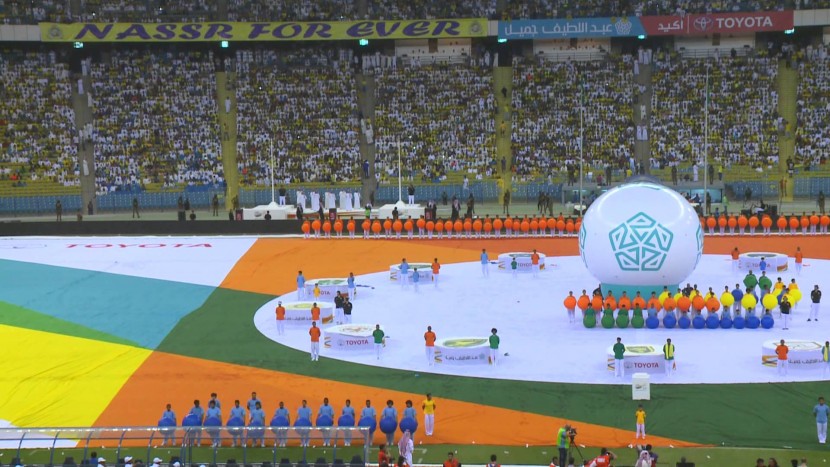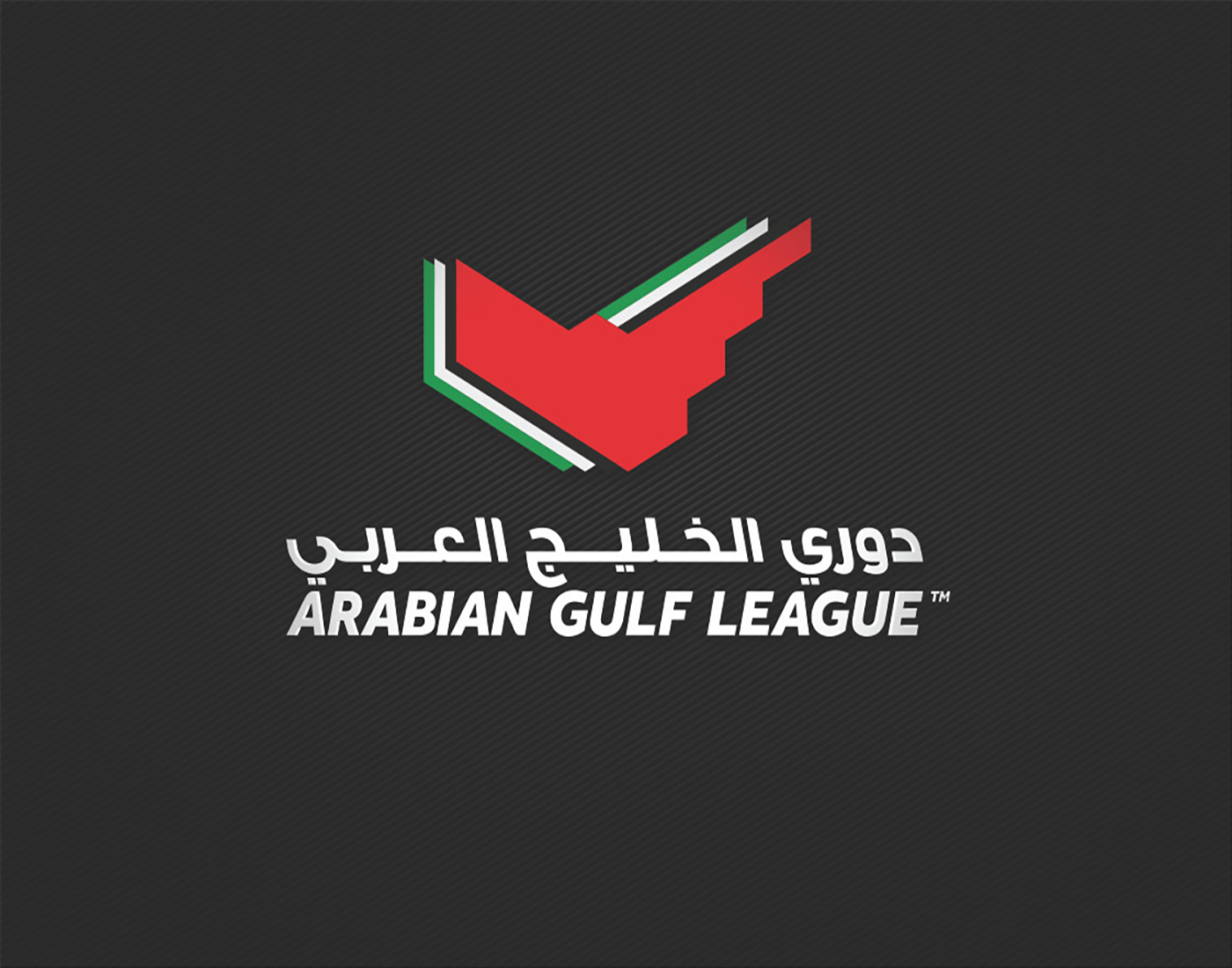-
 The Ryan Babel (Flop of the Season) Award
8 months ago
The Ryan Babel (Flop of the Season) Award
8 months ago -
 Ahdaaf Alternative Awards – The Titus Bramble Award
8 months ago
Ahdaaf Alternative Awards – The Titus Bramble Award
8 months ago -
 Ahdaaf 2018 Predictions
2 years ago
Ahdaaf 2018 Predictions
2 years ago -
 From Tahrir square to Amman: Katanec’s siege mentality
3 months ago
From Tahrir square to Amman: Katanec’s siege mentality
3 months ago -
 Iraq and Katanec on the World Cup trail
5 months ago
Iraq and Katanec on the World Cup trail
5 months ago -
 Demanding league titles without understanding the history behind them
7 months ago
Demanding league titles without understanding the history behind them
7 months ago
Saudi Football’s Liberation Must Wait
The thought of unshackling the image of domestic football in Saudi football from its current perception is imminent.
Following nearly decades of normalization, football in the kingdom has gone through a serious of reforms, all of which are working towards a common goal of professionalism. Having doubled attendance levels since the 13/14 season, Saudi’s league ‘Dawry Abdul Lateef Jameel’ renamed to ‘Dawry Jameel’ is showing positivity in regards to fan engagement however, there are problems that continue to pest the clubs internally – the financial problem.
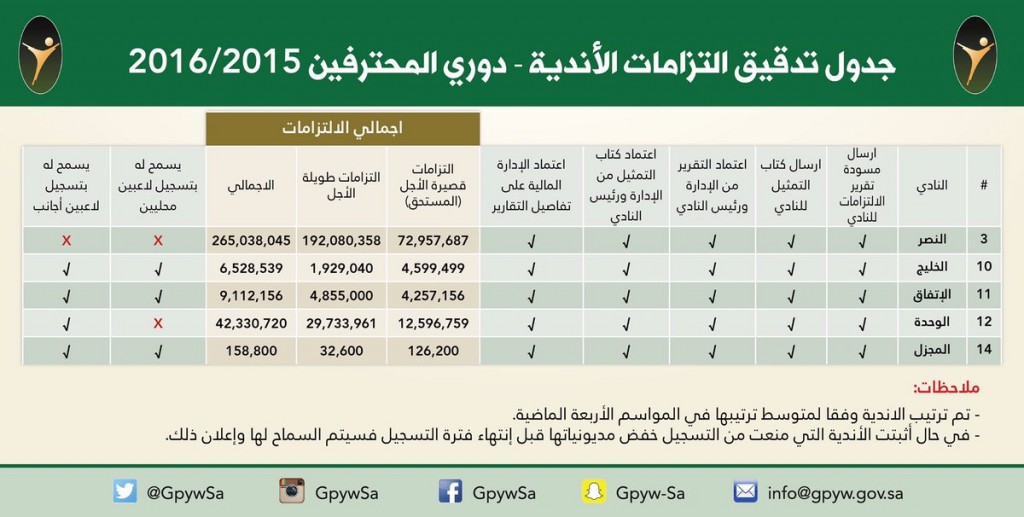
An audit table for the needs of Dawry Jameel Clubs at the end of 2015/16. The table indicated that Al-Nassr were not allowed to sign local or foreign players!
We have to admit the Dawry Jameel league, which is the strongest league among neighboring nations, is yet to come to level terms as to achieving full professionalism, in respect to players, club operations and to a certain extent the functioning of the Football Federation that manages domestic football. After all, all if not most of the clubs are owned by the government.
At the end of last season, almost all clubs were under significant debt which they were able to pay-off only a month ago. The debt included payments to ex-players, current players, staff and the government. As majority of these clubs have honorary members who are able to provide mighty financial support, recent times and circumstances have placed a significant strain on the pockets of a few. Allocation of TV revenues in recent years (~ SAR 150 million – 16/17 season) is a lifeline for clubs that are struggling.
Then there was the match-fixing scandal in division one which resulted in newly promoted Al Mujazzal being demoted to second division along with huge fines and multiple number of people being banned from the game.
Moreover, the management of player contracts – an issue that has plagued the league and all within for the longest time – continues to haunt the league. Errors in scouting and eventual contract write-ups, for foreign players and coaches, has given way to funds being wasted. Hence, the high turnover of foreign players and coaches in Saudi football, and across the region, is not surprising.
For example, when Al Nassr revealed the signing of Albanian international Alban Meha (now a Kosovo international after he switched his allegiance recently) in July, there was a lot of excitement in the Nasrawi camp. Meha’s credibility was known in terms of his ability to take shots at goal from outside the 18 yard box. However, it seemed like the incoming Croatian boss Zoran Mamić has no intentions of giving Meha any playing time – just enough to observe him perform. Moreover, the club also let go off their Polish standout Adrian Mierzejewski, a best foreign player title holder, to UAE’s Sharjah FC. This might be deliberate as we are aware that the replacements were two of Zoran’s national compatriots.
And returning to the point of financial issues before the 40th season of the league, Al Ahli was the only club that was able to sort out all requirements set up by the FF for registering players – which also entails paying the salaries of players – in June. The league champions, were the only club out of the fourteen to survive the debt burden. The rest of them barely registered their players before their first games, with one club (Al Wahda) registering players with less than 24 hours to go prior to kick-off. Furthermore, legendary Saudi striker/current coach of Al Shabab Sami Al Jaber, was clearly fuming over the fact that Uruguayan Sebastian Perez’s international card had yet not arrived, leading to a delay in registration, resulting in horrible results for the club in the first two weeks of the season. Not that Perez’s inclusion could have changed the outcome, yet it could have been a factor.
Other top clubs that suffered due to delay in their international cards included Tunisia’s Akaïchi and Al Hilal’s Thiago Alves who did not feature in the first two games of the season, respectively. Akaïchi was recently thanked for his patience by boss Ahmed Masood as the club worked towards sorting the last of its debts prior to registration of the player, amid rumors of them being offloaded to give away to an international defender. On a positive though, it was good to hear Ahmed Masood not bowing down to the pressure from within to tie up commercial deals as they come, stating clearly that any advertiser who is interested in sponsoring the kit would have to offer a deal worth SAR 100 million or more, which is what top Saudi telecom provider Mobily did a few weeks ago.
Truth be told, this sort of constant confusion masks a hidden danger underlying any immediate push for greatness and will continue to threaten Saudi football while placing limitations on its ambition and the future. How the league and its stakeholders manage this transition will determine whether its goals will be kicked into even higher gear. But for now, it is clear that planning towards professionalism has not yet kept pace with reality on ground.
- YOUR GUIDE TO SAUDI ARABIA AT THE 2018 FIFA WORLD CUP - June 13, 2018
- Fabio Lopez and his “miracle” job at Al-Ahli (KSA) - April 5, 2017
- 2017 AFC CHAMPIONS LEAGUE PREVIEW: WEST ASIA - February 19, 2017
- تحليل تكتيكي : الوصل 2-1 الوحد - February 3, 2017
- PREVIEW: 2016 ASIAN CHAMPIONS LEAGUE FINAL - November 18, 2016
- Saudi Football’s Liberation Must Wait - September 7, 2016
- WCQ2018 Asia: 6 Talking Points from the Middle East - September 7, 2016
- PRESS TALK: August 31, 2016 - August 31, 2016
- FRIDAY WITH… FABIO LOPEZ - August 26, 2016
- PRESS TALK: AUGUST 25, 2016 - August 25, 2016
Similar posts
-
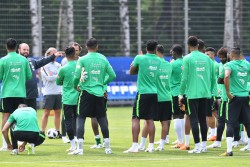 World Cup
World Cup
YOUR GUIDE TO SAUDI ARABIA AT THE 2018 FIFA WORLD CUP
-
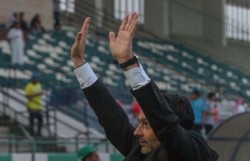 Saudi ALJ League
Saudi ALJ League
Fabio Lopez and his “miracle” job at Al-Ahli (KSA)
-
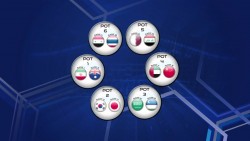 Internationals
Internationals
WCQ2018 Asia: 6 Talking Points from the Middle East
-
 Internationals
Internationals
PRESS TALK: August 31, 2016
-
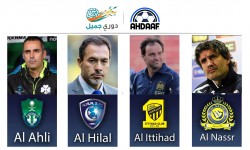 CompetitionsFeaturedSaudi ALJ LeagueUncategorized
CompetitionsFeaturedSaudi ALJ LeagueUncategorized
2016/17 SEASON PREVIEW: SAUDI PRO LEAGUE “DAWRY JAMEEL”
-
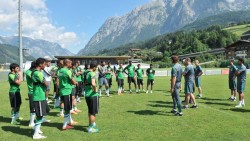 International SquadsInternationals
International SquadsInternationals
#WCQ2018: SAUDI NATIONAL TEAM SQUAD (September ’16)

